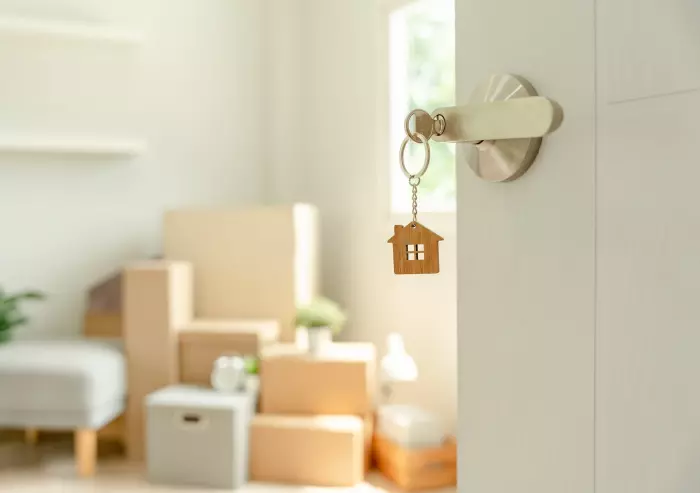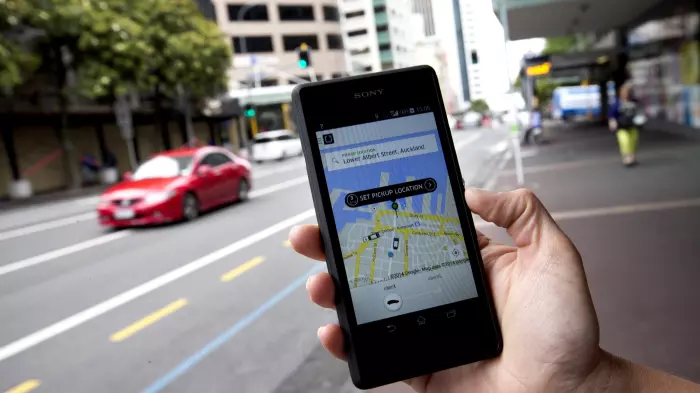BusinessDesk investments editor Frances Cook responds to emails from readers each week to answer questions about money. Below, you will find her expert advice. Send your own questions to [email protected].
Hi Frances,
I’m single and loving it. The only thing that annoys me is the money side.
It’s harder for single people to get ahead with money. I earn a good salary and would like to buy a house. But I live in Auckland and don’t have a partner to buy with.
Is there any way around this?
Thanks,
J
Hi J,
I wish I could offer you a silver bullet solution for this one.
The reality is, the world is unfair, and this is one of the ways in which it’s unfair.
However, if you’ve been reading this column for a while now, you know that we don’t just roll over and give up when we see an unfair situation. We figure out what we can change and what we can’t, and act accordingly.
The singles tax
Yes, life is more expensive when you’re a single pringle. Let me count the ways.
If we say a single person is someone who lives alone, whether or not they have a partner who lives elsewhere, there are some interesting stats on how it impacts the finances.
The IRD's 2019 Household Expenditure Guide shows rent or mortgage costs are quite a bit higher for a single person, compared to a couple.
The survey found a singleton spent $333 a week on rent, and $416 a week on a mortgage. Meanwhile, each person in a couple would spend $207 on rent, and $304 a week on a mortgage.
So, there's more than $100 saved on core weekly expenses when you're part of a couple. That's rough.
It also found transport is cheaper for couples, as are rates and bills like electricity.
All this makes sense, really, even if it's a bit depressing.
The QV House Price Index for July 2023 shows the average Auckland home value is $1,243,610. A 20% deposit for that is $248,722.
Now, look, if you’re able to split that between a couple, you’ve still got a pretty steep $124,361 to each stump up. But you have two incomes to fund it, two KiwiSavers to help, and two lots of First Home Grant you can apply for.
You even have more financial stability being in a couple, assuming that you share finances (in whatever way you’ve decided as a pair).
If one of you loses your job, the other likely still has income, and so you have more of a backup plan.
There’s also the less financial but still important advantage that couples can work together to stay motivated when they’ve got a big goal.
Keeping each other motivated when energy is flagging is a big bonus to being on a team instead of rowing your own boat.
The flip side
This doesn’t mean it’s all bad for the singletons, though.
If you want to make a change, you’re in total control. You don’t have to negotiate with someone else and take their feelings and goals into consideration.
If you decide you want to hit a big financial goal and you’re willing to eat beans and rice until you get there, you don’t have to work to get someone on board with that idea.
I can tell you right now, that idea would not fly in my wider household.
You can also pack up and move for new opportunities without having to consider someone else and their career goals.
There’s also the point that it’s better to be alone than it is to be with someone who’s dragging you backwards.
If your partner has a spending problem or debts that need paying off or a gambling problem, that can seriously drag you backwards.
There’s also a small bonus for you, living in New Zealand.
In some countries, there are tax advantages to being part of a married couple, which seems like an unfair way to make the ‘singles tax’ even worse.
In NZ, not so much. So, at least you don’t have that pulling you backwards.
What to do about it
The big takeaway for me is that couples can get ahead because they’re part of a team. So, why does this team have to be purely for those in a romantic relationship?
It doesn’t. You can make your own team.
If you have flatmates or a boarder that can significantly bring down some of those living costs mentioned earlier.
It also can improve your chances of securing a mortgage. If the house you want to buy has another bedroom and you want to rent it out, banks will take into account boarder income.
It depends on your situation, but it can mean getting approved for another $100,000 of lending.
Another strategy is that, while couples may be a more common way to buy a house and share costs, you can still do that with a friend.
The trick is that you have to be willing to be brutally open with your finances and really trust that person. Then again, you should also be willing to do that when you’re buying as part of a couple, and there are plenty who would fail that test.
You can also apply for something like the First Home Grant with a friend. It's organised through Kāinga Ora and means you can get up to $10,000 towards your deposit.
You can double that to $20,000 if you buy with a friend. Most people know you can do this as part of a couple, but there's nothing in the rules that says you need to be in a relationship. It simply applies to "multiple buyers".
You can also tackle the transport costs by doing things like carpooling. Streaming services can be purchased on a family plan and split among friends.
It won't fix everything about the singles tax. But you can definitely improve the situation.
Send questions to [email protected] if you want to be featured in the column. Emails should be about 200 words, and we won't publish your name. Unfortunately, Frances is not able to respond to every email received or offer individual financial advice.
Information in this column is general in nature and should not be taken as individual financial advice. Frances Cook and BusinessDesk are not responsible for any loss a reader may suffer.














